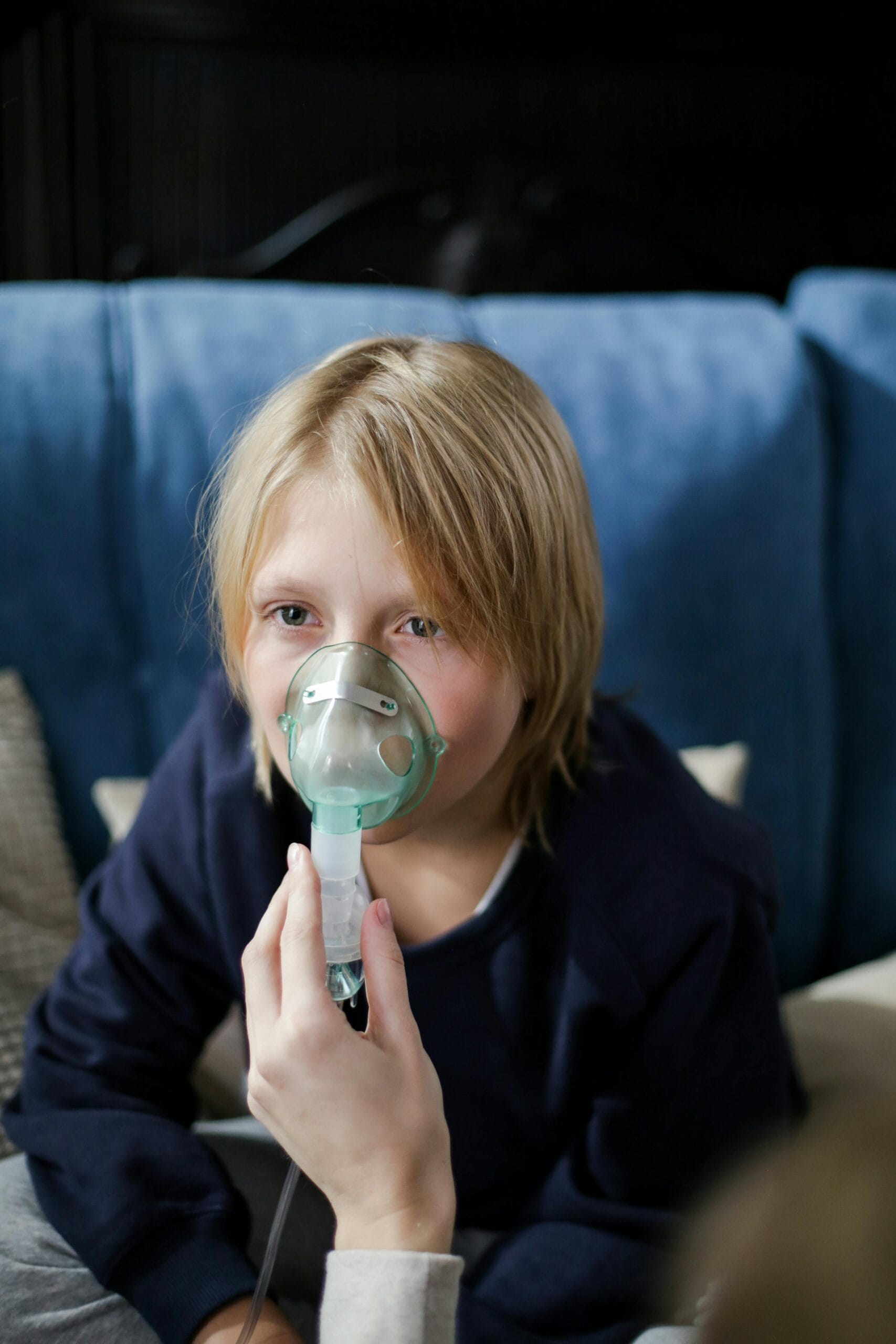Imagine the slow, creeping dread that comes with feeling your breath slip away this could be Bronchiolitis: Safeguard Your Lungs Now!. You’re not running a marathon, are you recovering from an illness, yet every breath feels labored, heavy, and hard to catch. This is the reality for many adults who are unknowingly battling bronchiolitis. While often associated with infants, Protect Your Lungs Now The Dangers of Bronchiolitis are just as real, with the potential to seriously compromise your lung health and quality of life.
Many of us take our lungs for granted, assuming that breathing will always be as easy as it is today. But the truth is, adult-onset bronchiolitis can strike suddenly, causing significant damage to our lungs before we even realize it. Understanding this silent threat is the first step in protecting your lungs and ensuring you breathe easily.

how serious is bronchiolitis in adults
While bronchiolitis is typically seen in children, it is a serious condition that can also affect adults, especially those exposed to environmental toxins or suffering from autoimmune diseases. Adult-onset bronchiolitis is the inflammation of the tiny airways, or bronchioles, in the lungs. When these small airways become swollen and clogged with mucus or other debris, it becomes difficult to breathe deeply and efficiently.
The dangers of adult bronchiolitis lie in its subtlety—many people assume they have a mild respiratory infection or dismiss their symptoms as a part of aging. However, bronchiolitis, if left untreated, can lead to long-term, irreversible lung damage, drastically reducing one’s ability to breathe freely.
bronchiolitis in adults causes
Understanding the causes behind adult-onset bronchiolitis is key to preventing it. Viral infections, such as respiratory syncytial virus (RSV), can cause bronchiolitis in adults, especially those with weakened immune systems. Additionally, long-term exposure to environmental irritants like smoke, dust, and toxic fumes at work or in polluted areas—can trigger the condition. Smoking, in particular, is a significant risk factor. The dangers of adult bronchiolitis are dramatically heightened in individuals who smoke or are exposed to secondhand smoke.
Even those who quit smoking years ago may still suffer from lung damage that can lead to bronchiolitis later in life. Moreover, people with autoimmune conditions, such as rheumatoid arthritis or lupus, are at higher risk of developing bronchiolitis, as their bodies by mistake attack their lung tissue. Understanding these triggers and avoiding harmful environments or behaviors is crucial for lung protection.
bronchiolitis symptoms in adults
One of the scariest aspects of adult bronchiolitis is how quietly it progresses. Early symptoms, such as a dry cough, mild shortness of breath, and fatigue, can be easily mistaken for a cold or mild asthma. These symptoms often go unnoticed or are brushed off as temporary. But the truth is, these are the early warning signs of a much bigger problem.
The dangers of adult bronchiolitis are magnified by delayed recognition of these subtle signs. People who ignore these early symptoms risk allowing the condition to worsen, which can lead to severe breathing difficulties and permanent lung damage. It’s like a silent attack on your lungs—one you can’t feel until it’s almost too late.
how to treat bronchiolitis in adults
If you’ve been diagnosed with bronchiolitis, you should know that the treatments are available & help you to manage the condition. Medications such as bronchodilators and corticosteroids can reduce inflammation and improve airflow. Breathing exercises and pulmonary rehabilitation programs can also teach you techniques to improve lung function. It’s important to stay positive and focus on what you can control. By making lifestyle changes, sticking to your treatment plan, and seeking support from friends, family, or a healthcare professional, you can continue to live a fulfilling life despite the diagnosis.
Source
American Lung Association
Mayo Clinic
National Institutes of Health (NIH)
Johns Hopkins Medicine
